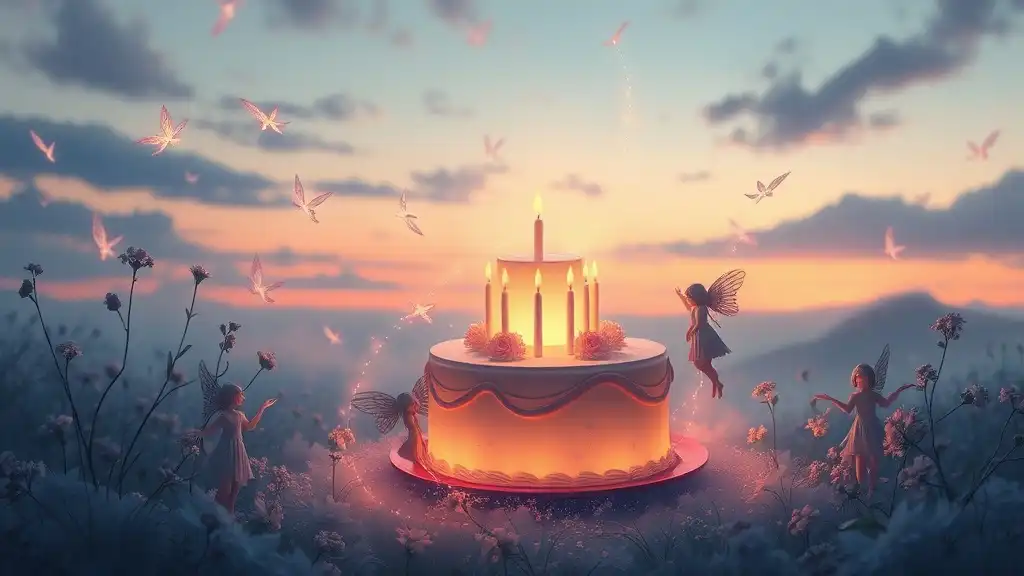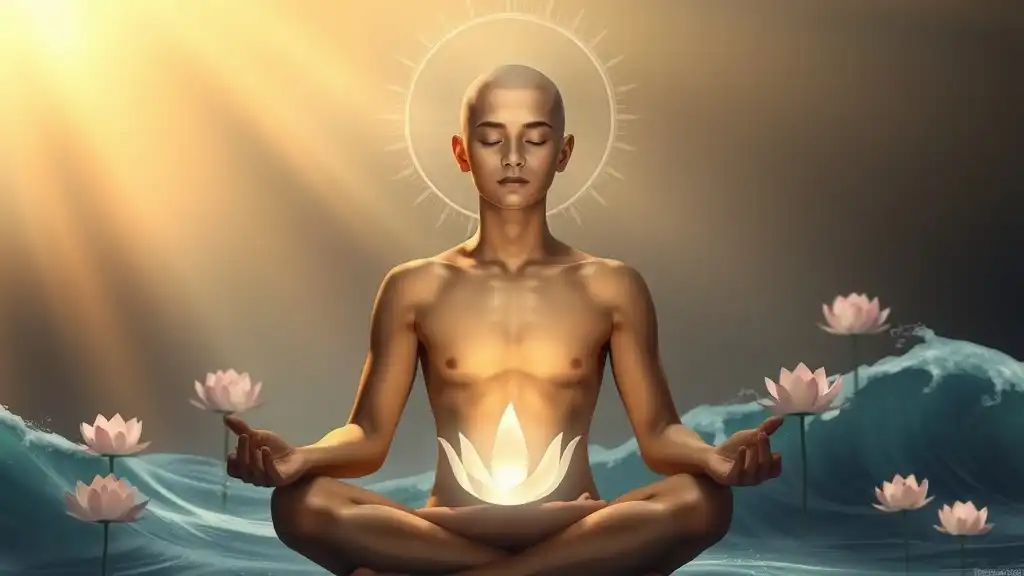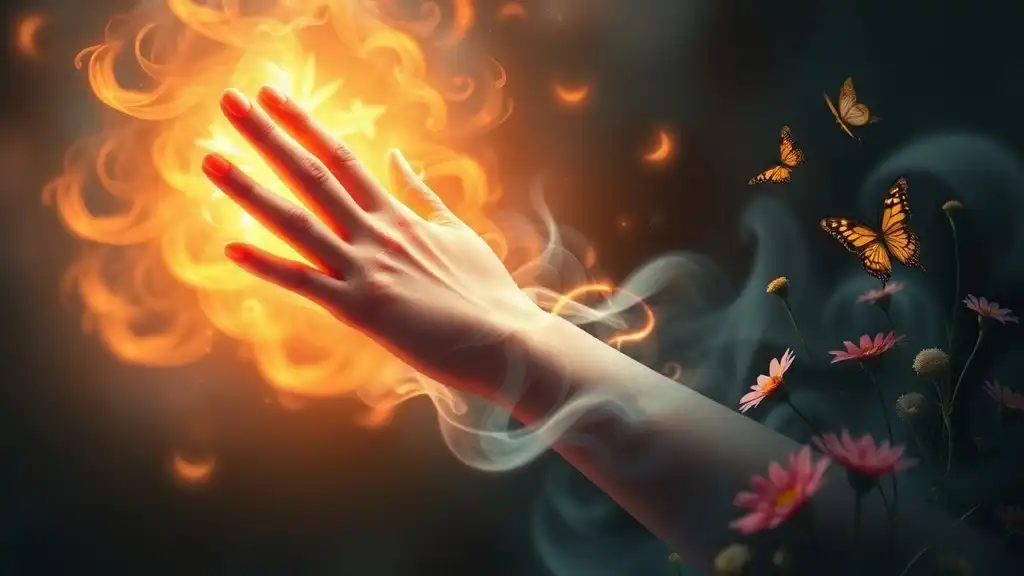The Spiritual Importance of Birthdays
Birthdays hold a profound significance in many cultures and spiritual practices. They are often seen as a time of self-reflection and personal growth, marking not only the anniversary of one's birth but also an opportunity for renewal and transformation. As we celebrate another year of life, we are encouraged to evaluate our journey and set intentions for the year ahead. This practice of reflection aligns with spiritual beliefs that view birthdays as pivotal moments where energies shift, creating pathways for new opportunities and insights.
Cultural and spiritual beliefs about birthdays vary widely. In some traditions, birthdays are celebrated with elaborate rituals and parties, while in others, they are observed with quiet contemplation. Regardless of the approach, this day is inherently significant; it is a time when the energies of the universe align just for you, inviting the possibility of new beginnings.
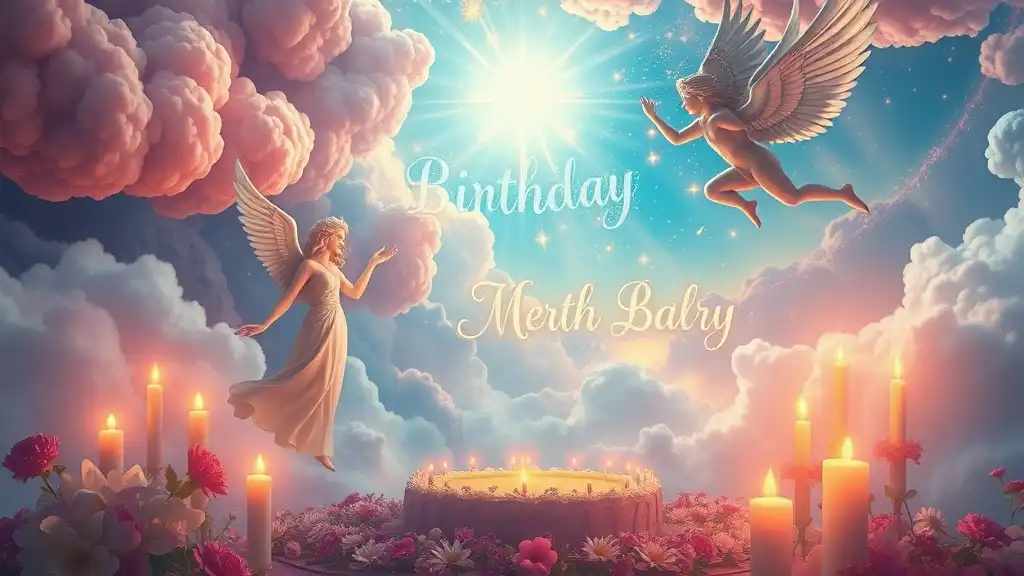
Understanding Death in Spiritual Context
Death, while often feared in physical terms, carries deep spiritual meaning. It is widely understood as a transition rather than a definitive end. Most spiritual beliefs postulate that death transitions us into another realm or state of existence. This perspective enables us to view death not as an extinguishment of life, but as a profound transformation, allowing the spirit to evolve and connect with a higher consciousness.
Moreover, it emphasizes the continuance of the soul's journey, which can bring a sense of peace when contemplating the loss of a loved one. This understanding fosters a broader view on life and death, encouraging us to appreciate our time on Earth while understanding that our consciousness is timeless.
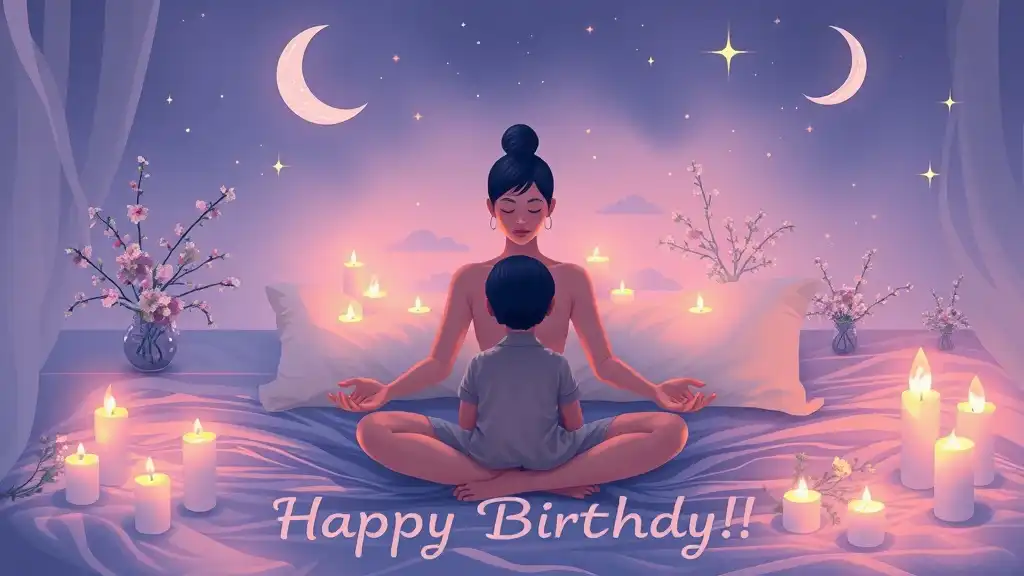
The Spiritual Significance of Death on Your Birthday
Symbolism of Timely Transitions
Experiencing the death of someone close on your birthday is laden with significance. It symbolizes a timely transition and highlights the interconnected nature of beginnings and endings. Just as you commemorate the start of a new year in your life, witnessing the end of someone’s journey can serve as a poignant reminder of the cycle of life. This profound interplay between life and death can evoke deep reflection on the purpose of existence and the legacy we create.
Such events may lead us to wonder about the messages hidden within this synchronicity. Are we to learn from this loss? Is it a divine sign reminding us of the fragility and preciousness of life? Many believe that this kind of occurrence is not merely coincidental but rather a powerful reminder from the universe about our interconnectedness and the timeless nature of love.
Messages from the Universe
When someone passes away on your birthday, it is often interpreted as a special message or sign from beyond. It can be seen as a beautiful gift, illustrating that your connection with the departed remains alive. Many believe that the departed’s spirit is offering guidance, urging you to embrace your life fully while acknowledging the love and memories shared.
Interpreting these synchronicities can be a transformative experience. It invites us to tune into our intuition, engage in self-reflection, and consider the lessons that both life and death impart. By embracing this perspective, we honor the life of the one we lost while allowing ourselves to grow spiritually.
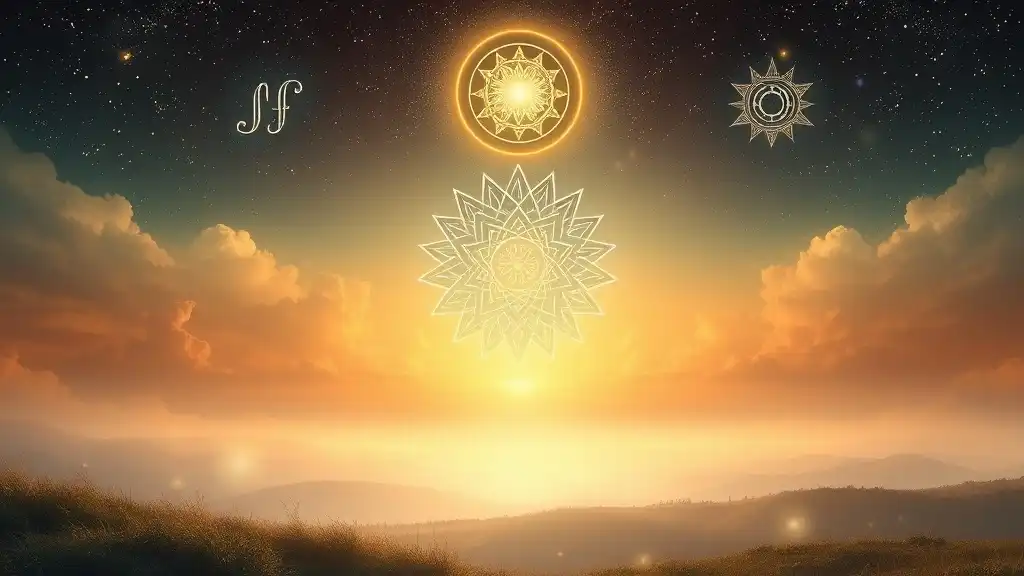
Personal Reflection and Processing Grief
Navigating Emotions
Allowing ourselves to feel the array of emotions that surface during such a time is vital. Grief can overwhelm us with complex feelings ranging from sadness and anger to appreciation and love. On your birthday, these emotions can intensify, making it essential to acknowledge and process them rather than suppressing them.
Connecting with your emotions fosters healing. Recognizing that grief is a part of love allows you to embrace the entire spectrum of feelings. Birthdays present an opportunity to reflect not only on your life but also on the lives and legacies of those who have passed.
Honoring the Deceased
One thoughtful way to navigate such emotions is to find ways to honor the deceased on your birthday. Consider creating meaningful rituals—lighting a candle in their memory, sharing stories about them with loved ones, or dedicating your day to acts of kindness in their name. Engaging in these practices helps you process your grief while celebrating the impact they had on your life.
Rituals offer a bridge between worlds, allowing you to feel connected to the deceased while navigating your own path. This unique way to celebrate serves to reinforce the idea that while their physical presence may be gone, their spirit continues to influence your life.
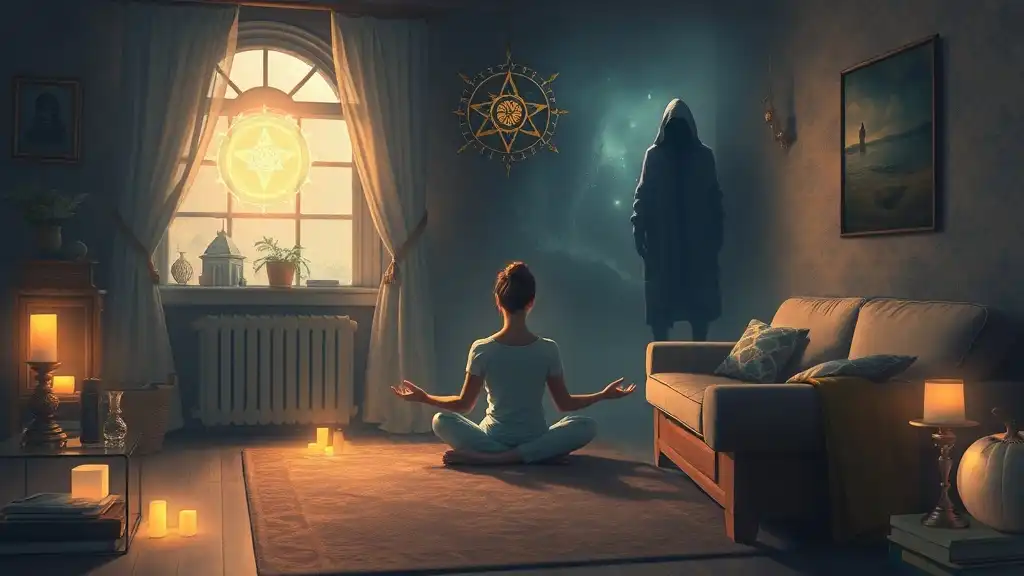
Seeking Guidance and Support
Connecting with Spiritual Advisors
Finding guidance during such a transitional time can be incredibly beneficial. Spiritual mentors or counselors can provide insights that help you understand loss in context. They can offer tools for navigating grief, including meditation, visualization, and other spiritual practices.
Engaging in meditation or prayer can also bring clarity and comfort, helping you connect with your higher self and the universe. These practices can foster a deep sense of peace and understanding, allowing you to process your experiences in a spiritually enriching environment.
Community Support
When grappling with grief, seeking community support can be profoundly healing. Connecting with others who have experienced similar situations provides validation and comfort. Conversations about loss and spiritual growth can be invaluable, reinforcing the understanding that you are not alone in your journey.
Community gatherings or support groups can also create spaces for discussion and expression, encouraging you to share your journey while learning from others’ experiences. Such connections can be uplifting and serve to strengthen your spiritual progress.

Conclusion
In reflecting on the entwined nature of life and death, it becomes clear that the passing of a loved one on your birthday is a powerful event that invites profound introspection. It is a moment to celebrate both the life you are living and the legacy of those who have touched your spirit. Embracing this interconnectedness allows for greater awareness and appreciation of the cycles of life, encouraging personal growth and spiritual evolution.
As you navigate through the complexities of grief and the significance of your birthday, remember to seek solace in the lessons learned and the love shared—both in this world and beyond. By doing so, you transform loss into a catalyst for deeper understanding and spiritual awakening.
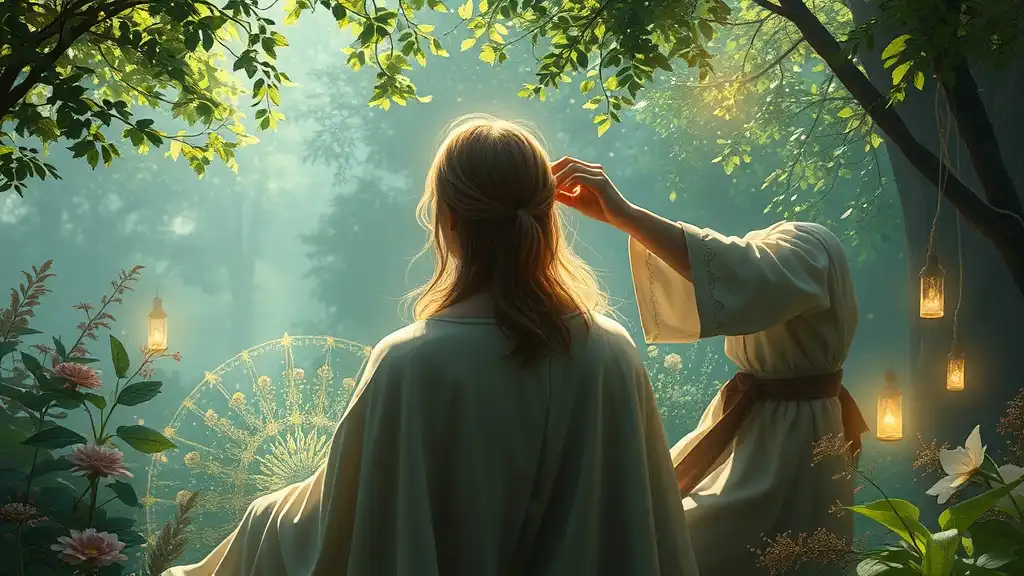
Additional Resources
For further exploration of this topic, consider reading books or listening to podcasts that focus on spiritual growth, grief, and the afterlife. Engaging with community resources and support groups can also provide comfort as you navigate your journey through loss.

